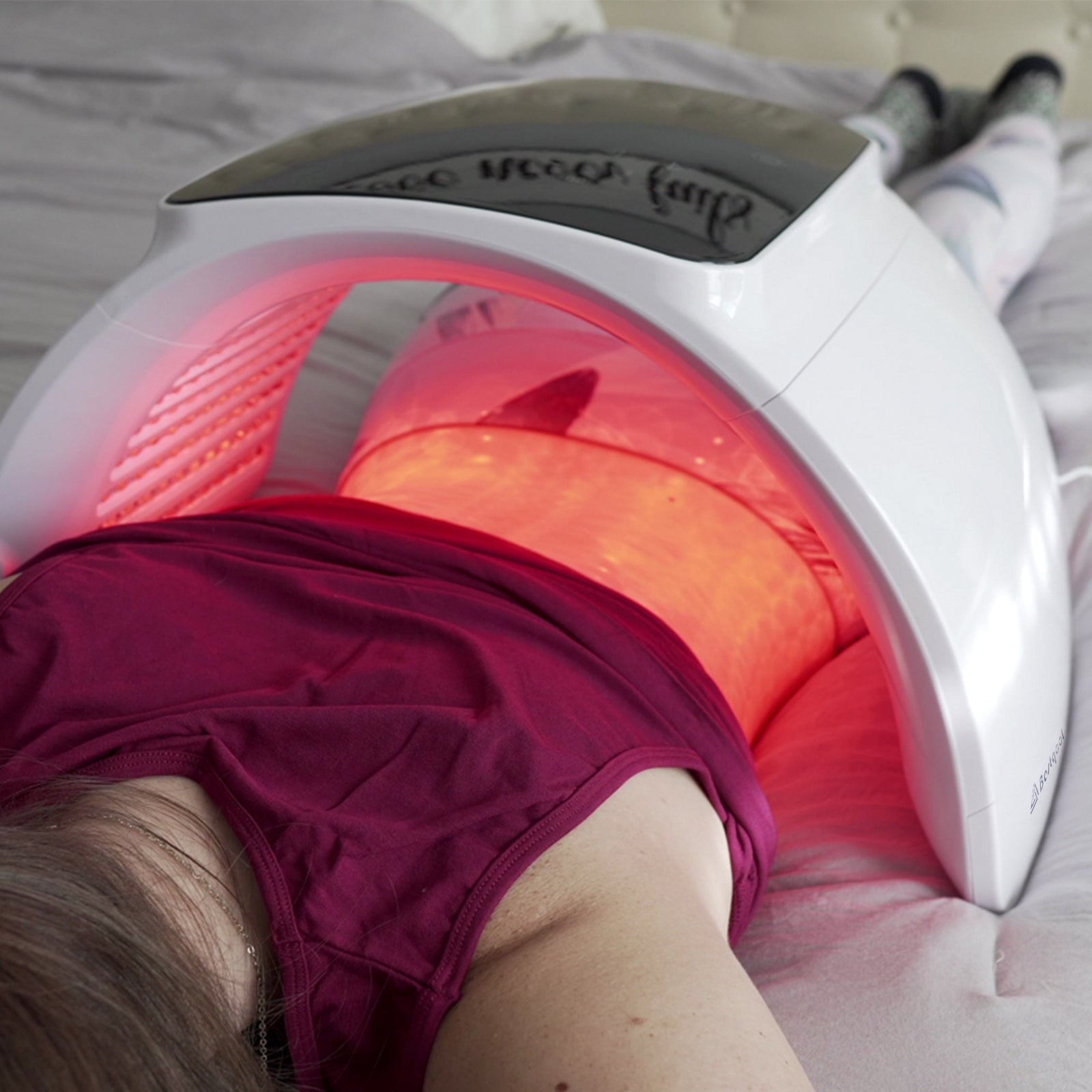Unlock Radiance: Discover the Secret to Full-Body Red Light Therapy!
Red light therapy is rapidly gaining traction as a go-to solution for those seeking holistic health benefits. Initially popularized in clinical settings, its application has expanded to personal wellness, especially in full-body treatments. This innovative therapy harnesses specific wavelengths of light to penetrate the skin and stimulate cellular function. This leads to a plethora of benefits, including enhanced skin health, pain relief, and faster recovery from injuries. As more people recognize the potential of red light therapy, the demand for accessible full-body devices continues to grow. In this article, we will explore the science behind red light therapy, the advantages of full-body treatments, what to consider when purchasing a device, and where you can find these remarkable devices for your personal use.

Understanding Red Light Therapy
Red light therapy, also known as low-level laser therapy (LLLT), utilizes wavelengths typically between 600 to 650 nanometers, which are optimal for stimulating cellular processes. When this light penetrates the skin, it increases mitochondrial activity, the powerhouse of cells, thereby enhancing ATP production. ATP, or adenosine triphosphate, is crucial for energy transfer in cells and plays a significant role in cell repair and regeneration. This process can lead to notable health benefits, including improved skin rejuvenation, reduction in inflammation, pain relief, and accelerated recovery times from injuries or surgeries. Many users report visible improvements in skin texture and tone as well as a decrease in chronic pain conditions, making red light therapy a versatile tool for both aesthetic and therapeutic applications. A friend of mine, who struggled with persistent joint pain, decided to give red light therapy a try. After a few weeks of consistent use, she noticed a significant decrease in discomfort, allowing her to return to her regular fitness routine.
Benefits of Full-Body Red Light Therapy
Utilizing red light therapy on a full-body scale amplifies its benefits, offering a holistic approach to wellness. One of the most significant advantages is enhanced circulation, which promotes better oxygen and nutrient delivery throughout the body. This can lead to improved physical performance and faster muscle recovery post-exercise. Furthermore, many users experience a boost in mood and energy levels, likely due to increased serotonin production stimulated by the therapy. Regular sessions can foster an overall sense of well-being, reducing stress and anxiety levels. Some users have shared their experiences of feeling rejuvenated and more focused after their sessions. The full-body application ensures that the benefits are not localized but instead promote wellness at a systemic level, making it an excellent addition to any health regimen.
Factors to Consider When Choosing a Full-Body Device
Choosing the right full-body red light therapy device involves several important considerations. Firstly, the size of the device is crucial; larger panels cover more surface area, allowing for broader treatment in less time. Next, consider the intensity and wavelength output, as these factors determine how effective the therapy will be. Look for devices that offer a combination of red and near-infrared light, as both have distinct benefits. Ease of use is another key factor; devices should be user-friendly and ideally portable, allowing for flexibility in treatment sessions. Safety features, such as automatic shut-off timers and heat regulation, are also essential to ensure a safe and comfortable experience. A friend of mine encountered various options while shopping for her device, and she emphasized the importance of checking reviews and ratings to ensure she made an informed choice.
Where to Find Full-Body Red Light Therapy Devices
When it comes to acquiring a full-body red light therapy device, you have multiple options. Online marketplaces offer a wide variety of devices ranging from budget-friendly models to more advanced options. It's essential to read customer reviews and product specifications to ensure you're purchasing a quality device. Additionally, many wellness centers and spas now provide access to red light therapy equipment, allowing you to experience the benefits without a significant upfront investment. Some facilities even offer rental options for personal use at home. This can be a great way to test the therapy before committing to a purchase. Local health and wellness expos often feature vendors showcasing these devices, making it an excellent opportunity to see them in person and ask questions directly.
Embracing the Benefits of Full-Body Therapy
In summary, red light therapy presents an exciting opportunity for those looking to enhance their health and wellness through innovative technology. The benefits of full-body treatments range from improved skin health to pain relief and overall wellness. When selecting a device, consider size, intensity, ease of use, and safety features to ensure you find the best match for your needs. Whether you choose to purchase a device, visit a wellness center, or explore rental options, incorporating full-body red light therapy into your routine can be a transformative experience. So why not take the first step towards unlocking your radiance today?








تعليقات